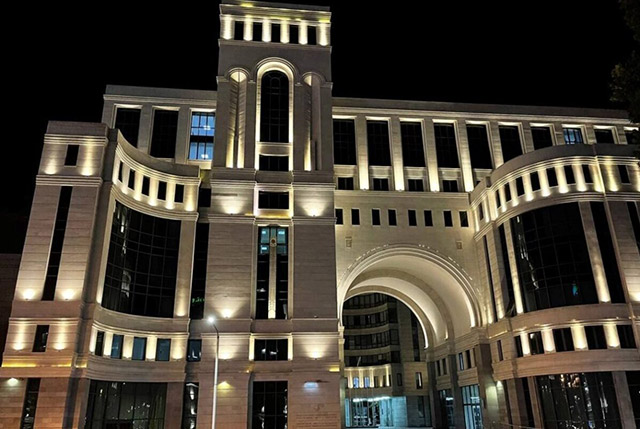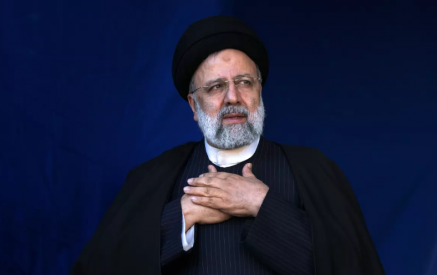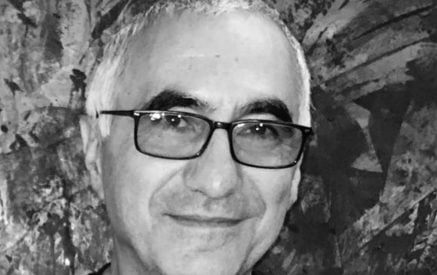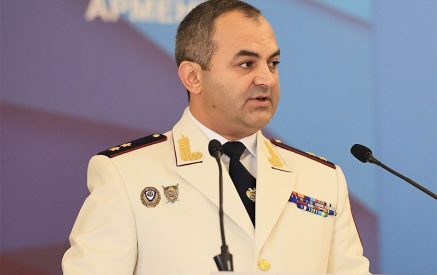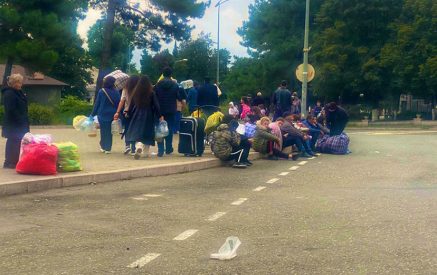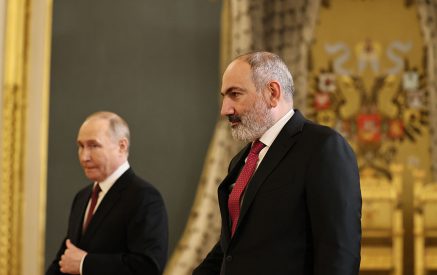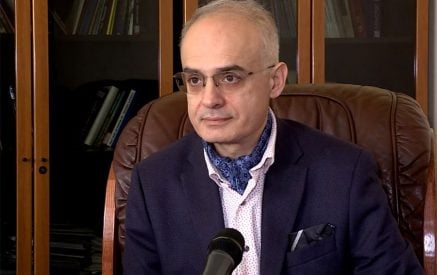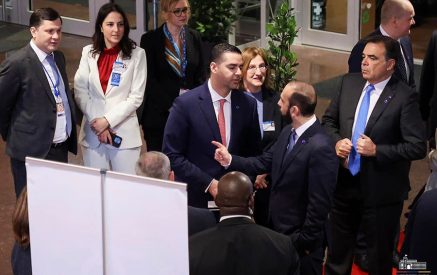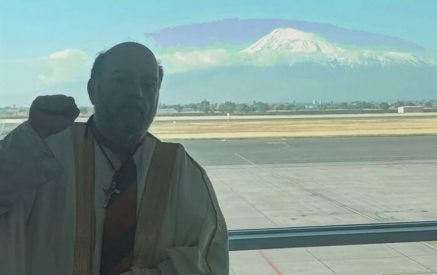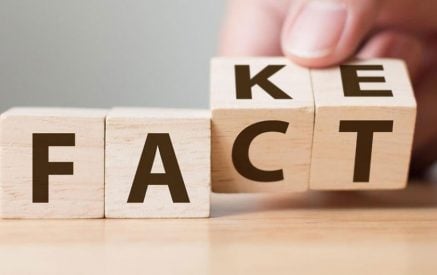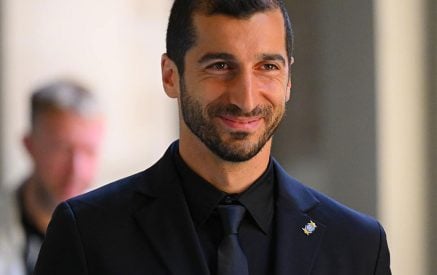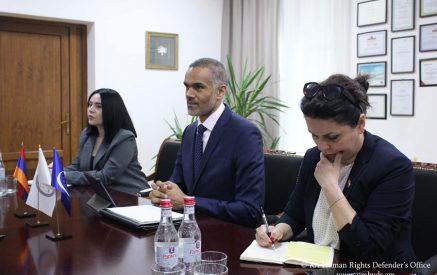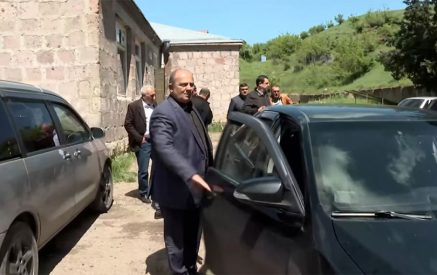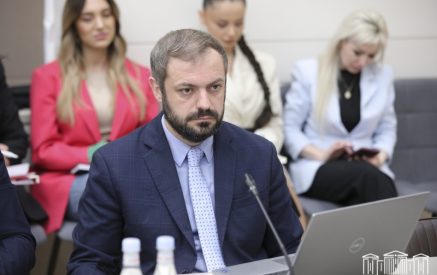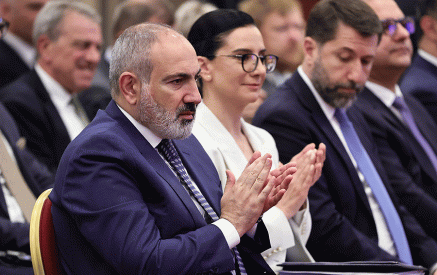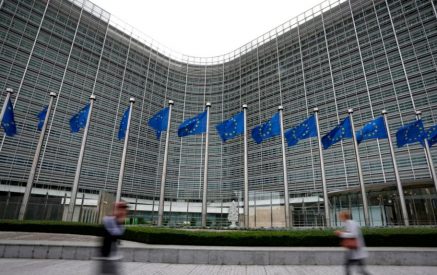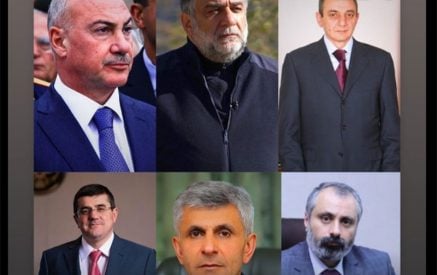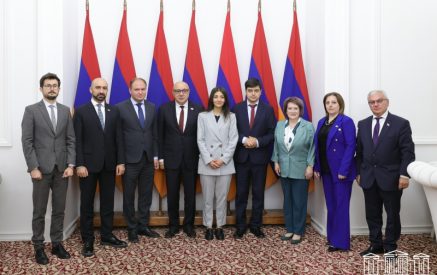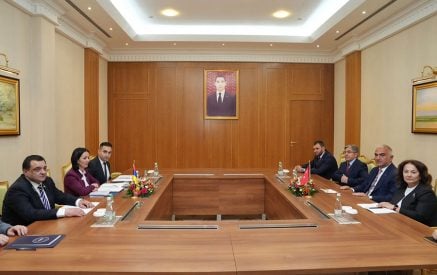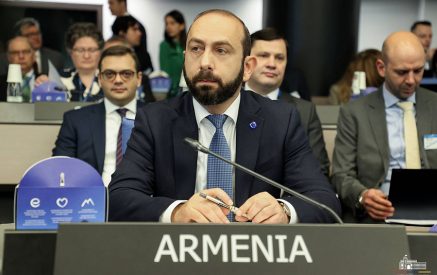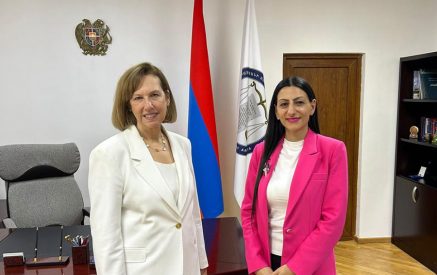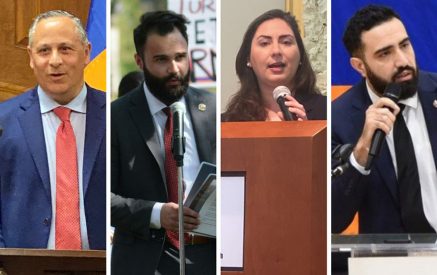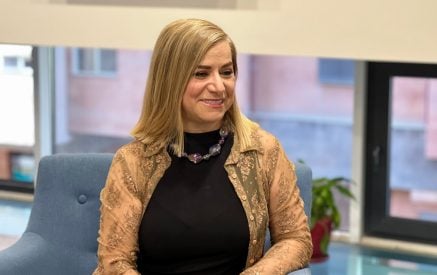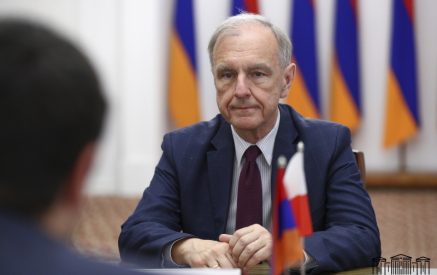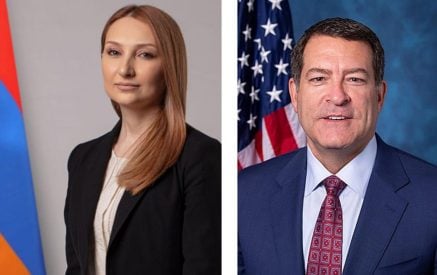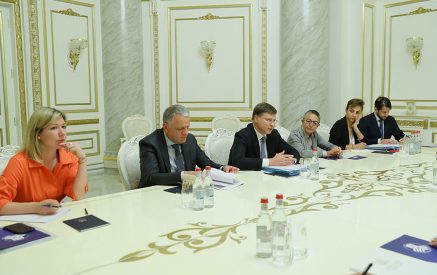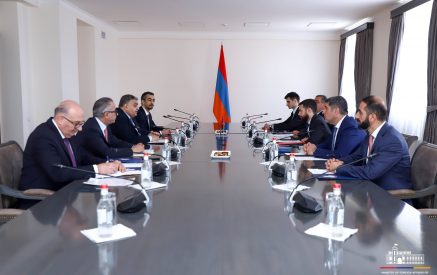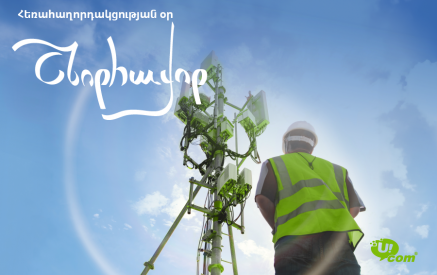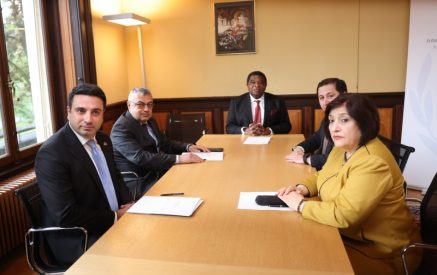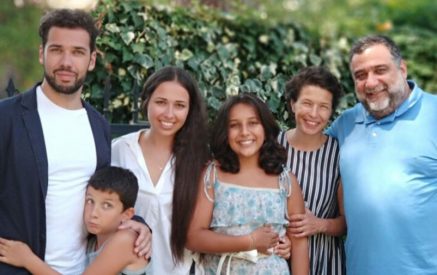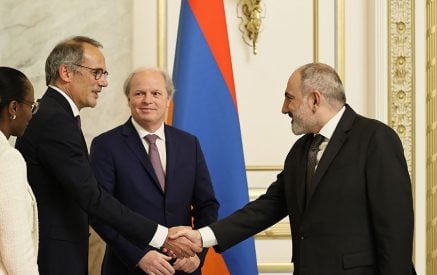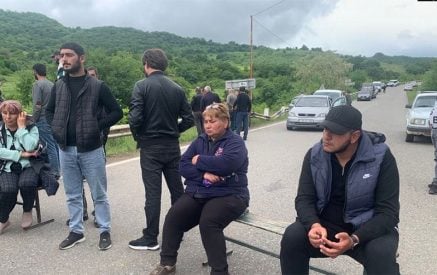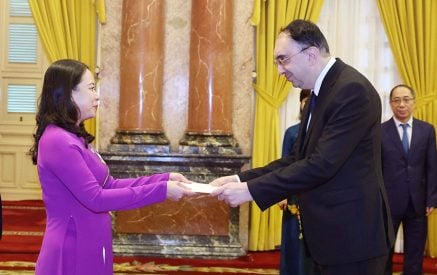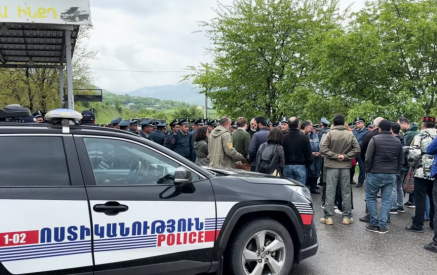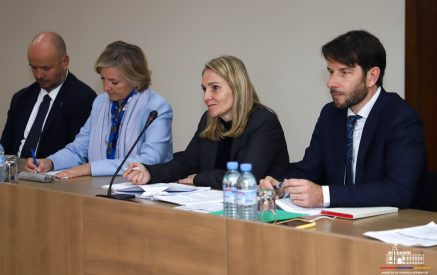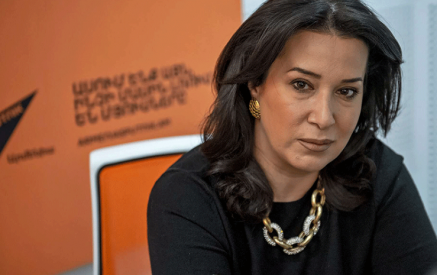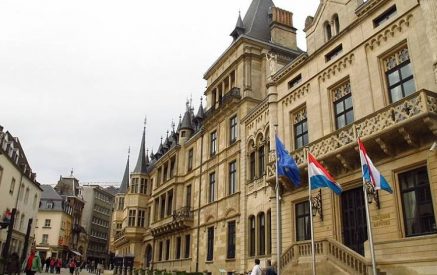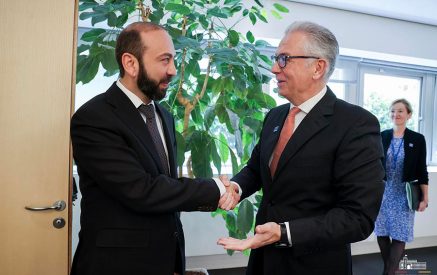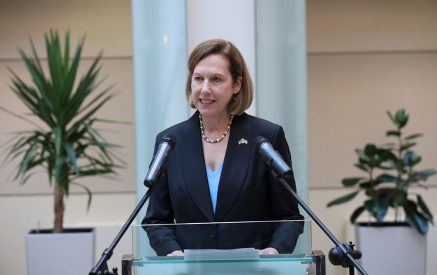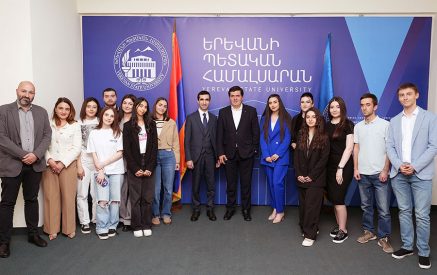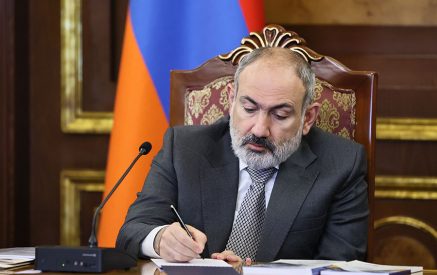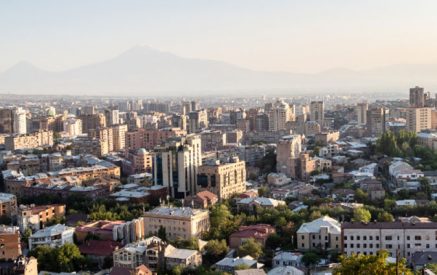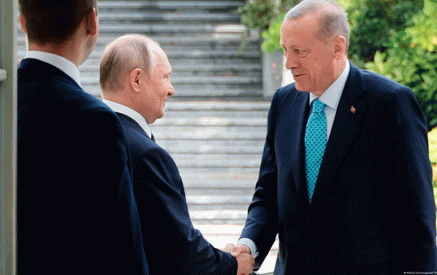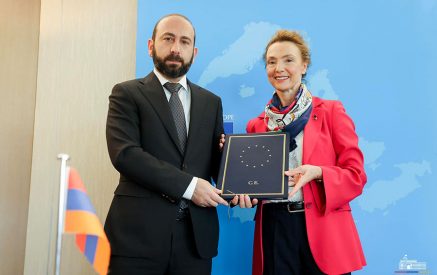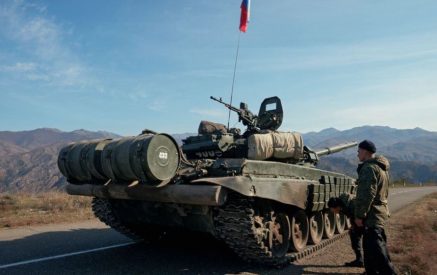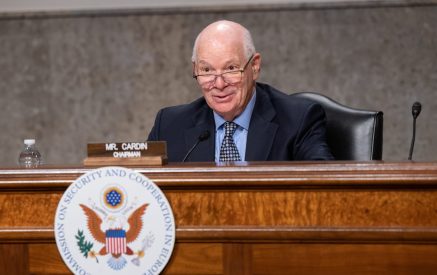Foreign Ministry statement regarding an address by the Prime Minister of the Republic of Armenia, Nikol Pashinyan, and the situation around Nagorno-Karabakh
Prime Minister Nikol Pashinyan’s address on independence on September 24, 2023, contained unacceptable insinuations against Russia and can only elicit repudiation. What we are witnessing is an attempt to shift responsibility for failures in domestic and foreign policies onto Moscow. The most recent utterances by Nikol Pashinyan confirm our earlier conclusions that the processes driven by Western influence and encouraged by official Yerevan are systemic rather than sporadic and detrimental to their own country and our alliance.
In essence, the head of the Armenian government admitted that his country has been consciously prepared to pivot away from Russia this whole time. There have been unconvincing attempts to justify his actions aimed at setting a different – Western – direction for Armenia by pointing to alleged mistakes made by the Russian Federation and the CSTO, while forgetting the many common interests in security and development our countries share. The United States and other NATO countries have set a goal to not only inflict strategic damage to Russia but to destabilise our common Eurasian space as well.
Russia has always been true to its alliance commitments and respected Armenian statehood, and has never forced the republic to choose between being with us or against us. Moscow has provided and continues to provide extensive economic, cultural, and security support to fraternal Armenia. In the autumn of 2020, the efforts of the Russian Federation and President Vladimir Putin personally prevented the total defeat of Armenia. Had Nikol Pashinyan agreed to a ceasefire a few weeks earlier, the defeat would have been less severe. Furthermore, the Russian peacekeepers’ selfless work in Nagorno-Karabakh, sometimes at the cost of their own lives, is solid proof of Russia’s commitment to fulfilling its extremely challenging mission in the interest of achieving peace between the Azerbaijani and Armenian peoples which fact Nikol Pashinyan has conveniently omitted.
Read also
Despite the increasingly frequent signals about artificial difficulties for Russian companies being created in the republic, our country consistently works towards expanding economic and investment ties with Armenia, both bilaterally and as part of the Eurasian Economic Union. These ties are enjoying record-breaking dynamics thus contributing to the substantial growth of the Armenian economy and the well-being of its citizens.
Russia remains firmly committed to strengthening the shared cultural and educational space with Armenia despite the attempts undertaken by certain Armenian representatives to obstruct the progress of mutually beneficial projects in the humanitarian sphere.
In regional affairs, instead of adhering to the gentlemen’s agreement reached by the leaders of Russia, Azerbaijan, and Armenia in November 2020 to leave the issue of Nagorno-Karabakh’s status to future generations, Nikol Pashinyan succumbed to Western influence. In Prague and Brussels the decision was made to act based on the 1991 Alma-Ata Declaration by recognising Azerbaijan’s sovereignty over Nagorno-Karabakh. This fact fundamentally altered the circumstances that were in place when the trilateral declaration of November 9, 2020 was signed, as well as the situation of the Russian peacekeeping contingent. Due to the poor judgment of the Armenian leadership, several agreements aimed at enhancing Armenia’s security, including the deployment of a CSTO observer mission to areas bordering Azerbaijan, were not brought into existence. In particular, Nikol Pashinyan failed to sign the decision agreed by all six foreign ministers to deploy a CSTO observer mission to the areas bordering on Azerbaijan.
The situation was further exacerbated by Armenia’s persistent denial of the continued presence of Armenian armed formations in Nagorno-Karabakh after November 9, 2020, which became one of the key reasons for the escalation in September. The agreement reached through the mediation of the Russian peacekeeping mission on September 20 to withdraw remaining Armenian units and fully disarm the “Nagorno-Karabakh army,” including the withdrawal of heavy equipment and weaponry, exposed the actual state of affairs and laid the groundwork for sustainable de-escalation.
The inconsistent stance of the Armenian leadership, which flip flopped on policy and sought Western support over working closely with Russia and Azerbaijan, halted the implementation of the array of 2020-2022 high-level trilateral agreements. Precious time has been wasted during which significant progress could have been made toward reaching a peace agreement, delimiting the border, and unlocking regional roads – factors that would enhance Armenia’s security.
Notably, during the above meetings in Prague and Brussels under the auspices of the European Union, the Prime Minister of Armenia acknowledged Azerbaijan’s territorial integrity, but failed to address the rights and safety of the Karabakh Armenians. Today, we do not see a strong commitment from official Yerevan to help address pressing issues in Nagorno-Karabakh, such as creating favourable conditions for maintaining a ceasefire, improving the humanitarian situation, or initiating a sustainable Baku-Stepanakert dialogue.
The reckless approach by Nikol Pashinyan’s team understandably fuelled discontent among parts of Armenian society, which showed itself in popular protests. Of course, claims that these protests were fomented by Russia have no basis in reality.
The Prime Minister of Armenia should be well aware of the fact that, unlike the West which has become quite skilled in organising colour revolutions, Moscow does not engage in such activities. Strangely enough, they have chosen to turn a blind eye to the numerous instances of the Armenian authorities cracking down on protesters. It is well-known that the US ambassador maintains close contacts with the Armenian government. Against this backdrop, a frenzied anti-Russian campaign has swept the Armenian media at the behest of the authorities. We are convinced that the Armenian leadership is making a huge mistake by deliberately attempting to sever Armenia’s multifaceted and centuries-old ties with Russia, making the country a hostage to Western geopolitical games. We are confident that the overwhelming majority of the Armenian population realises this as well.

